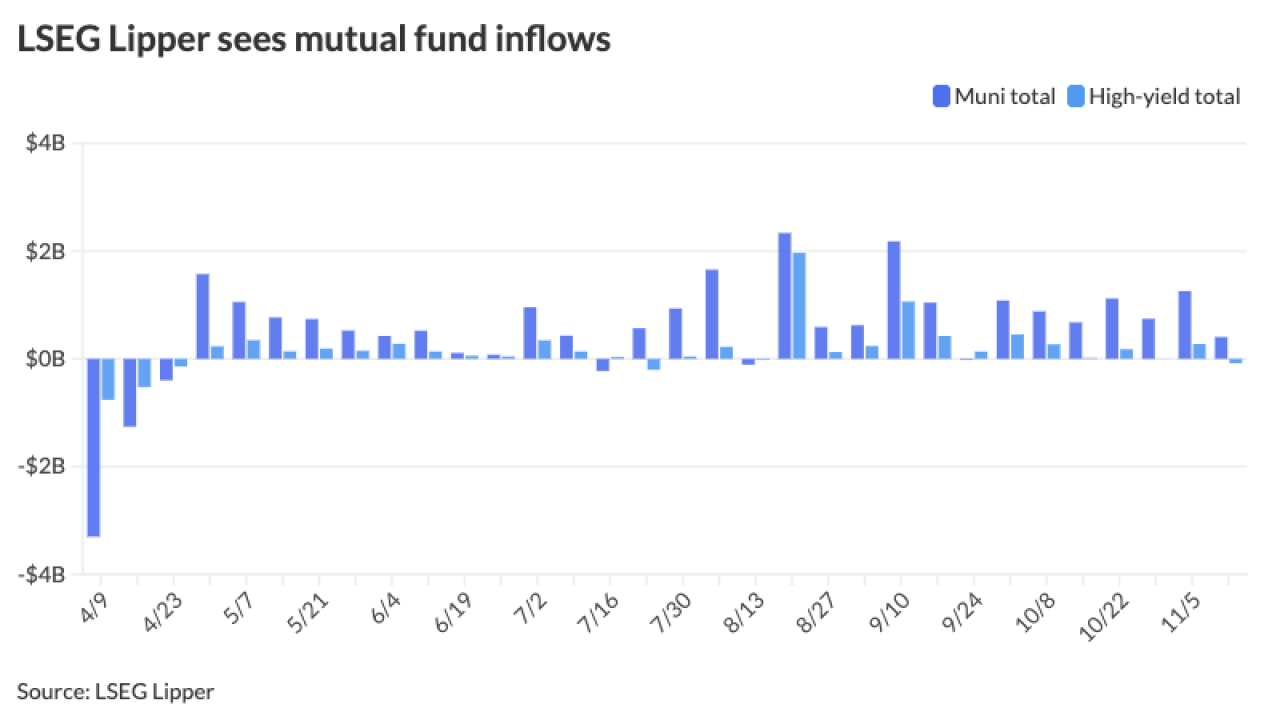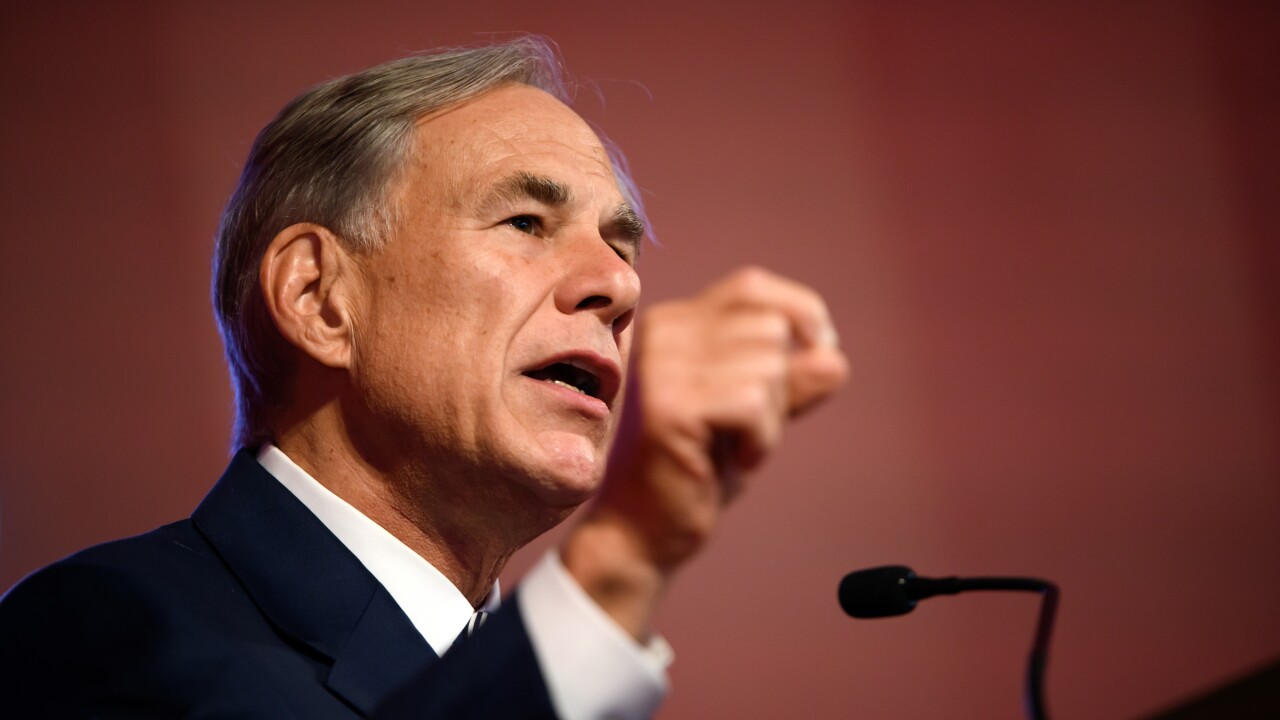
CHICAGO – Illinois' net financial position based on governmental activities worsened in fiscal 2015, reaching a negative $125.3 billion, according to the state auditor general.
The negative figure was $4.1 billion worse than in fiscal 2014, according to Auditor General Frank Mautino's
The net financial position based on governmental activities measures a broad range of assets against liabilities, providing one measure of the state's fiscal health. It counts liabilities such as bonded debt and pension obligation against assets such as cash, investments, and other state holdings.
"Over time, increases and decreases in net position measure whether the state's financial position is improving or deteriorating," said the audit opinion from Mautino, who recently took over as auditor general following William Holland's retirement. A big negative for the state is its $113 billion of unfunded pension liabilities.
Illinois held on to its distinction as having the worst overall net financial position of 43 states with a certified annual financial reports for fiscal 2015 available by March 22, the auditor general's report said.
New Jersey followed with a $115.5 billion deficit. California, Hawaii, Kentucky, Maryland, and Rhode Island also posted deficits. The only other state to record a negative net asset position in fiscal 2014 along with Illinois was Massachusetts.
Texas recorded the strongest position in fiscal 2015 at $94.3 billion.
The state lost some of the ground it had gained in trimming its general fund deficit. The gap increased by $172 million to $6.9 billion in fiscal 2015. The state had been chipping away at the deficit which hit a high of $9.1 billion in fiscal 2012. As cash from the temporary income tax hike in 2011 began to pour in, the state was able to make headway, reducing the fiscal 2013 deficit to $7.3 billion. It further fell to $6.7 billion in fiscal 2014. The higher income rates partially expired in January, 2015.
The state closed out the last fiscal year June 30 with $4.6 billion in overdue bills approved for payment "due to the state's cash flow difficulties." About $2.7 billion was owed to vendors. The state incurred $126 million in interest costs for the late payments. The remainder of the balance was owed to state agencies.
Illinois Comptroller Leslie Geissler Munger's daily ledger puts the current backlog at $6.6 billion. She has warned the state is on track to hit the $10 billion mark by the close of the current fiscal year, surpassing a previous record.
"The state of Illinois did not have sufficient controls over its finances to ensure obligations are paid," Mautino's report says. "We recommended the governor work with the General Assembly to improve the state's control over state finances in a manner that eliminates significant payment delays."
Gov. Bruce Rauner, a Republican, and the General Assembly's Democratic majorities have shown no signs of heeding the suggestion, with Illinois in its 10th month without a fiscal 2016 budget in place.
While debt service continues to be paid and 90% of state government spending continues, social service agencies starved for payments are shutting down and the state's public two-year and four-year universities face credit deterioration as their aid payments are held up.
The report notes that the net position balance as reported in the fiscal 2014 statements was restated from a deficit of $49.2 billion to a deficit of $121.2 billion due to the implementation of the Governmental Accounting Standard Board's Statement No. 68. It required the state to report its entire net pension liability on the face of the statements.
It also takes the state to task on its reporting process, saying even with some improvements already made it hurts the state's ability to prepare a complete an accurate CAFR in a timely manner.
"The lack of timely financial reporting limits effective oversight of state finances and may adversely affect the state's bond rating," it says.
Since last year's report, the state has suffered some credit erosion. Fitch Ratings dropped its rating one notch to BBB-plus and assigned a stable outlook while Moody's Investors Service lowered its rating to Baa1 with a negative outlook. Standard & Poor's rates the state A-minus with a negative outlook.
The state expects $31.9 billion of general fund revenues in fiscal 2017 based on current tax rates, leaving the state with a roughly $6 billion hole to plug based on current spending levels.
llinois' budget reserve held steady $276 million, according to the audit.





